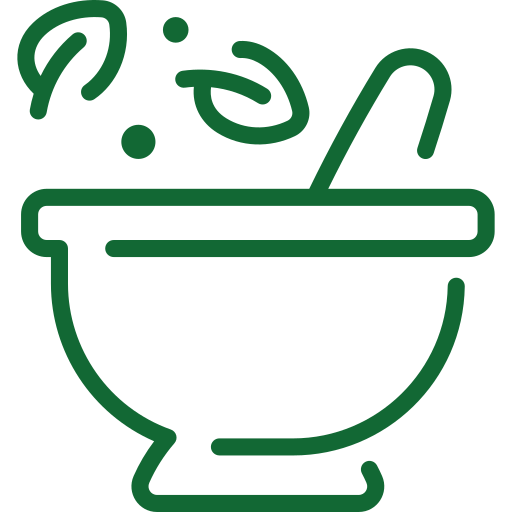Asthma - a modern and Ayurvedic view of treatment
Asthma is a chronic inflammatory disease of the airways that can cause repeated attacks of shortness of breath, coughing or chest tightness. These symptoms can be triggered by a variety of triggers, including allergens, polluted air, and physical exertion.
Causes of origin
The causes of asthma are complex and include genetic predispositions, exposure to allergens and environmental toxins. Modern medicine emphasizes the role of inflammation and the immune system in the development of asthma. Ayurveda considers asthma to be a disorder in the three doshas Vata and Kapha, which are responsible for the movement of air and the mucous membranes of the respiratory tract.
Recommended herbs
Ayurvedic medicine uses various herbs to treat asthma and support the respiratory system.
- Aller-G, a combination of herbs such as curcumin, shirish, neem and ashwagandha, have anti-inflammatory and anti-allergic properties that can help reduce airway inflammation and clear airways.
- Vasaka, also known as the Malabar Tree, is traditionally used to support the respiratory system and relieve wheezing and coughing associated with asthma.
- Tulsi, or holy basil, has antioxidant and anti-inflammatory effects that can help treat asthma and improve airway function.
In addition to these herbs, others such as licorice, ginger, and black seeds are recommended for their anti-inflammatory and immune-boosting properties, which can help treat asthma.
Suitable diet and lifestyle
In terms of diet, Ayurvedic medicine recommends eating warm, easily digestible foods, avoiding potential allergens and toxins in the diet and environment. When treating asthma, it is important to follow a healthy lifestyle, which includes regular physical activity, enough sleep and minimizing stress.







